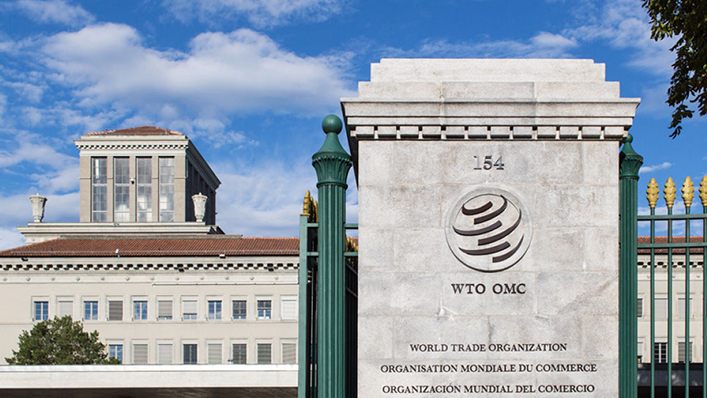Date of publication: 9 June 2015
Olena Omelchenko, Partner, Attorney at Law, Head of International Trade Practice
Source: RBC-Ukraine
The Government and the Parliament need to prepare for implementation of the Agreement in the shortest possible time
In December 2013, members of the World Trade Organization (WTO) completed negotiations on conclusion of the Trade Facilitation Agreement at the Baltic Foreign Minister’s meeting. After legal due diligence of the Agreement on November 27, 2014 the Protocol on its inclusion in Annex 1A of the Agreement Establishing the WTO was adopted at a special meeting of the General Council.
The Agreement is binding and the most important document adopted in the past 20 years within the framework of the WTO. The expected benefits of the global economy from the implementation of the Agreement are as follows:
– increase up to USD 1 bln per year;
– creation of 21 mln jobs as a result of 10-15% reduction of costs for carrying out foreign trade activity;
– increase in turnover and budget revenues;
– creation of stable environment for business;
– attraction of foreign investment.
The agreement is open to accession and will enter into force once two thirds of countries have completed their domestic ratification procedures. According to preliminary estimates, it is likely to happen not earlier than 2016.
Currently, it has been ratified by 4 states out of 161, namely the USA, Singapore, Hong Kong and Mauritius. Ukraine will have to ratify it and work to prepare for implementation after completion of the official translation of the Agreement in the Ukrainian language.
Before the ratification, all WTO members must determine the level of readiness to implement the Agreement considering the possibility of postponing the implementation of some provisions and attracting international technical assistance to prepare for implementation.
By the notification WT/PCTF/N/UKR/1 dated August 14, 2014 Ukraine announced that it is ready for its implementation as soon as the Agreement comes into force. Perhaps, it is a hasty statement. According to the preliminary survey of the UNECE experts, some respondents of state agencies and business noted Ukraine’s unreadiness to perform some requirements of the Agreement. Further specific recommendations for further action have not been developed.
It is not worth expecting that Ukraine will withdraw or change its notification as it will negatively affect our image in the WTO. It suggests the need for in-depth analysis of the Ukrainian legislative base, requirements of the agreement, economic benefits and costs for its implementation, as well as preparation of further action plan for the proper implementation in the shortest possible time.
It is already clear that implementation of the Agreement will take a lot of time and financial resources. For this purpose international technical assistance projects begin their work in Ukraine.
The Agreement includes provisions to simplify customs procedures by reducing the associated financial costs and time for their holding, improving transparency, reducing corruption, and introduction of advanced technologies. The Agreement establishes measures for effective cooperation between customs and other relevant authorities on trade facilitation and customs compliance regulations, contains provisions relating to technical assistance and capacity building in this area.
In fact, most provisions of the Agreement fall within the competence of the State Fiscal Service. However, coordination within the framework of the WTO is ensured by the Ministry of Economic Development, which is to give initiatives for coordination activities.
In accordance with the provisions of the international agreement, a Member State is required to establish a National Committee on Trade Facilitation, which will be responsible for coordinating and ensuring implementation.
In Ukraine, this body has not yet been created. However, we can assume that it will be an inter-departmental commission, which will also include representatives of business. In some countries, it is planned that this agency will be chaired by the head of government. In Ukraine, it is possible that these functions will be assigned to the Deputy Minister of Economic Development and Trade – sales representative.
For proper implementation of the provisions on transparency and access to information it would be appropriate to create a free all-Ukrainian information portal before the agreement enters into force. In Ukraine, there no resource where you can find all the necessary information for carrying out import-export operations and trade facilitation.
If provisions of the Agreement are not implemented properly, it can serve as a basis for consideration of a dispute within the WTO. Therefore, the Government and the Parliament have a challenge – to quickly prepare for the proper implementation of the Agreement.
